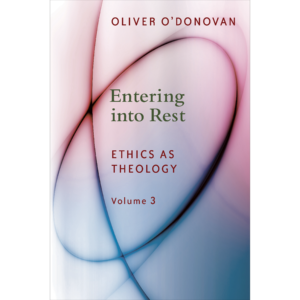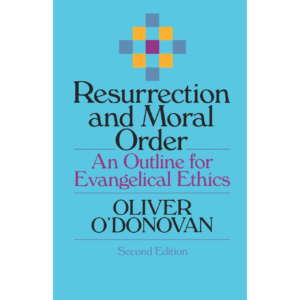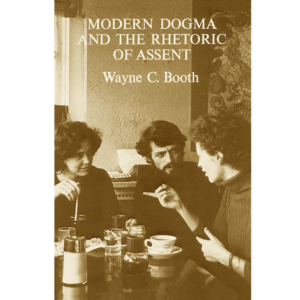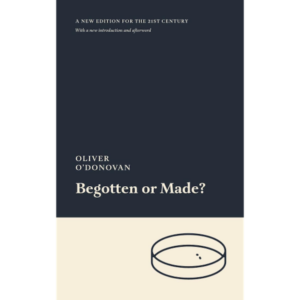
Against hacking babies
Oliver O’Donovan raises questions about IVF and the technologically ordered motive for efficiency

Impact of “infotainment” on community
Neil Gabler and C. John Sommerville discuss how the mentalities conveyed by our experience with communications media work against the nurturing of community. (36 minutes)
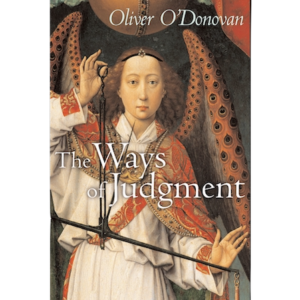
The fatal polytheism of late liberalism
Oliver O’Donovan on the failure that leads to social collapse, marked by conflict, suspicion, and violence
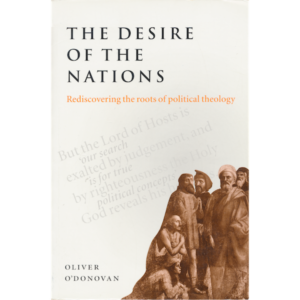
Insisting that political leaders are incapable of obeying Christ
Oliver O’Donovan on the unintended consequences of the First Amendment to the U.S. Constitution.

The gift of objective reality
Moral philosopher Oliver O’Donovan makes an argument for the consistency of the idea of law when it is conceived in a theological context. (40 minutes)
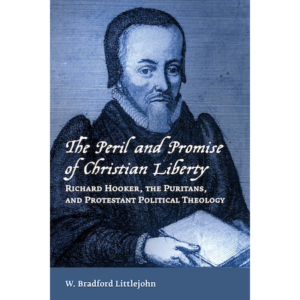
Freedom as conformity to reality
W. Bradford Littlejohn summarizes the definitions of liberty offered by Richard Bauckham and Oliver O’Donovan
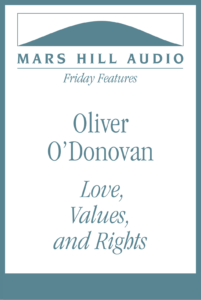
The sovereignty of love
In this 2022 lecture, Oliver O’Donovan explains the historical background — and present consequences — of the assertion by Jesus of two great commands. (67 minutes)
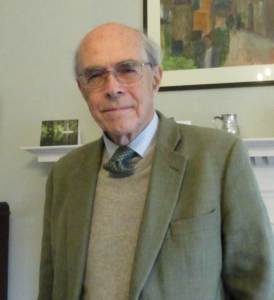
O’Donovan, Oliver
FROM THE GUEST PAGE: Oliver O’Donovan held teaching posts at Wycliffe Hall, Oxford and Wycliffe College Toronto before becoming Regius Professor of Moral & Pastoral Theology and Canon of Christ Church at the University of Oxford in 1982.
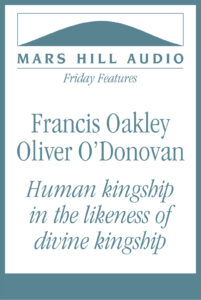
Why kings are compelling
Historian Francis Oakley describes how the modern idea of “secular” politics is a striking departure in human history. (32 minutes)
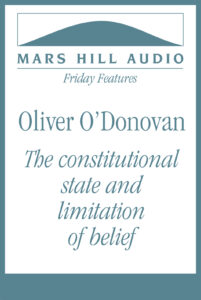
Religion within the bounds of citizenship
In a 2006 lecture, Oliver O’Donovan argues that the conventional way of describing Western civil society creates obstacles to the participation of believers (Muslim, Christian, and other). (68 minutes)
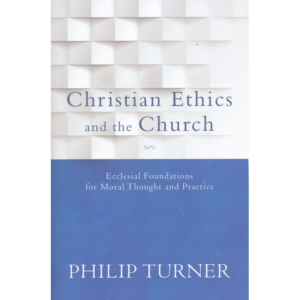
The purpose of government and God’s eternal purpose
Philip Turner on understanding the state in light of the eschatological reality of the Church
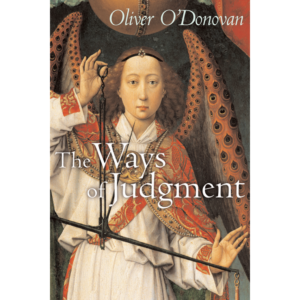
Politics in light of the Ascension
Oliver O’Donovan on the necessity of situating all political authority within redemptive history
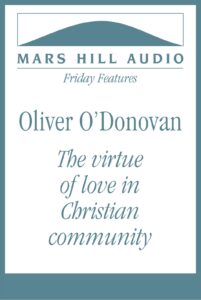
Loving relationships in community
In conversation with moral philosopher Oliver O’Donovan, and with readings from his book, Entering into Rest, Ken Myers explores a central theme in O’Donovan’s work: that we are created to enjoy loving relationships in community. (27 minutes)
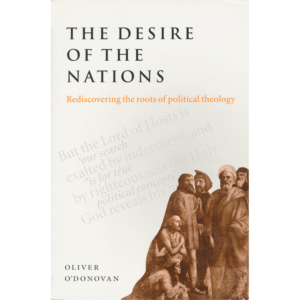
The first virtue of citizenship: Taking the law seriously
Oliver O’Donovan reflects on how the reality of the Kingship of Christ must be affirmed as a present reality
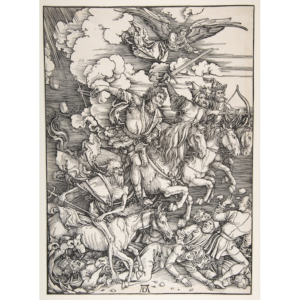
“Whose kingdom shall have no end”
Oliver O’Donovan and his mentor, George B. Caird, offer lessons from the book of Revelation for thinking about politics
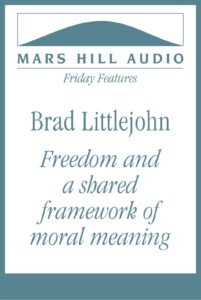
The social context of freedom
Brad Littlejohn talks about the necessity of a more expansive understanding of freedom, one which recognizes that we are really only free within the social experience of shared meaning and mutual recognition. (17 minutes)
